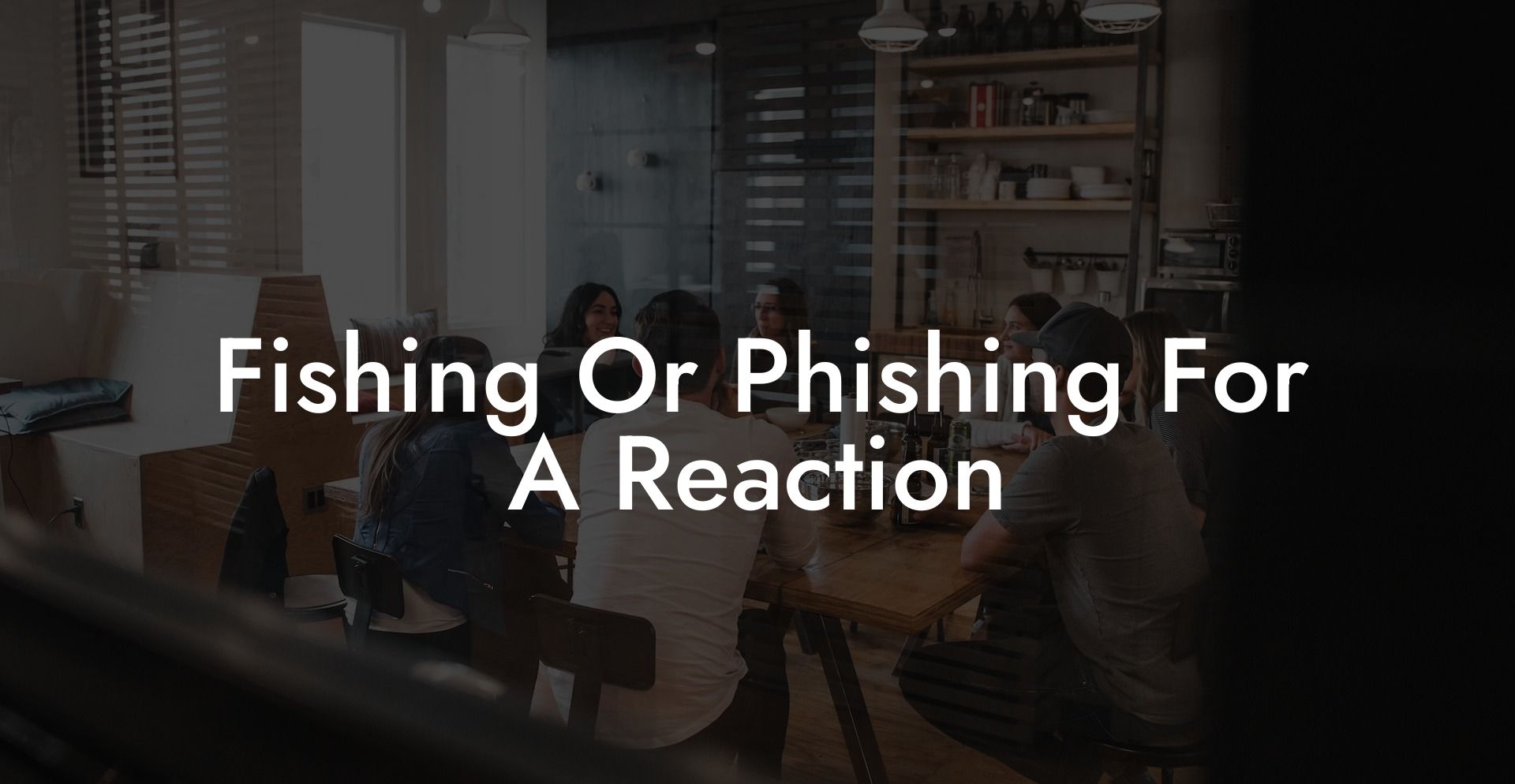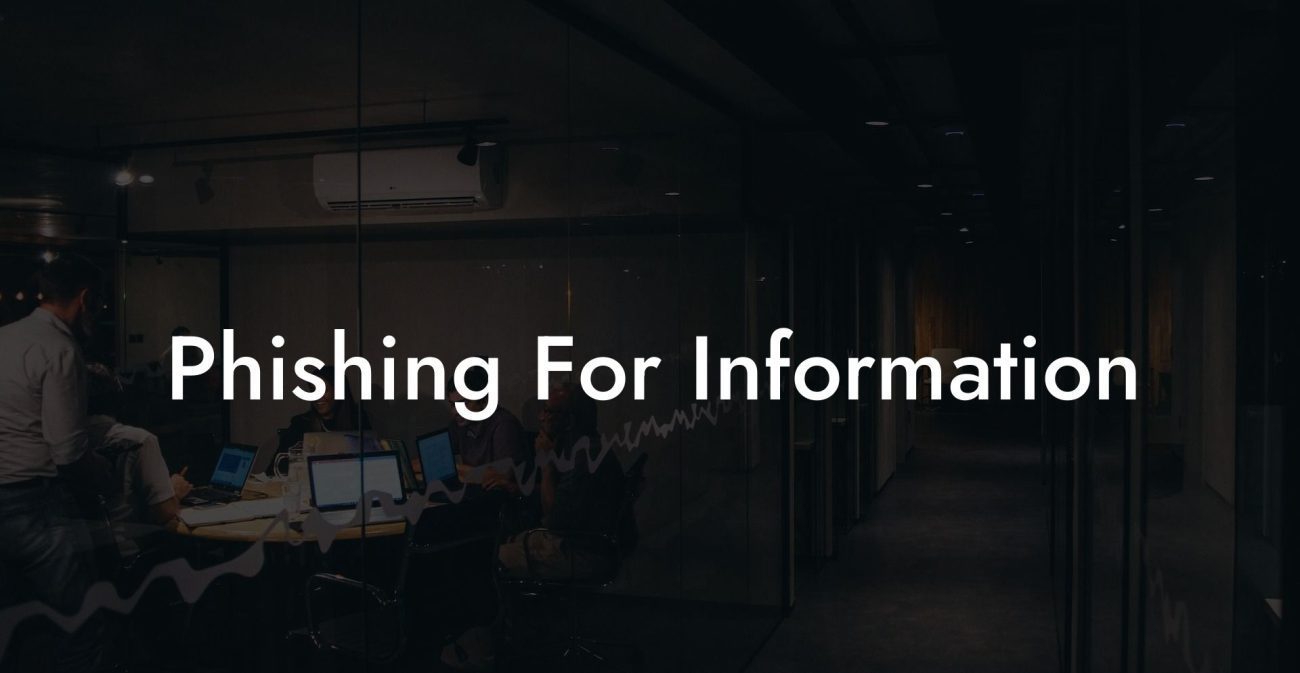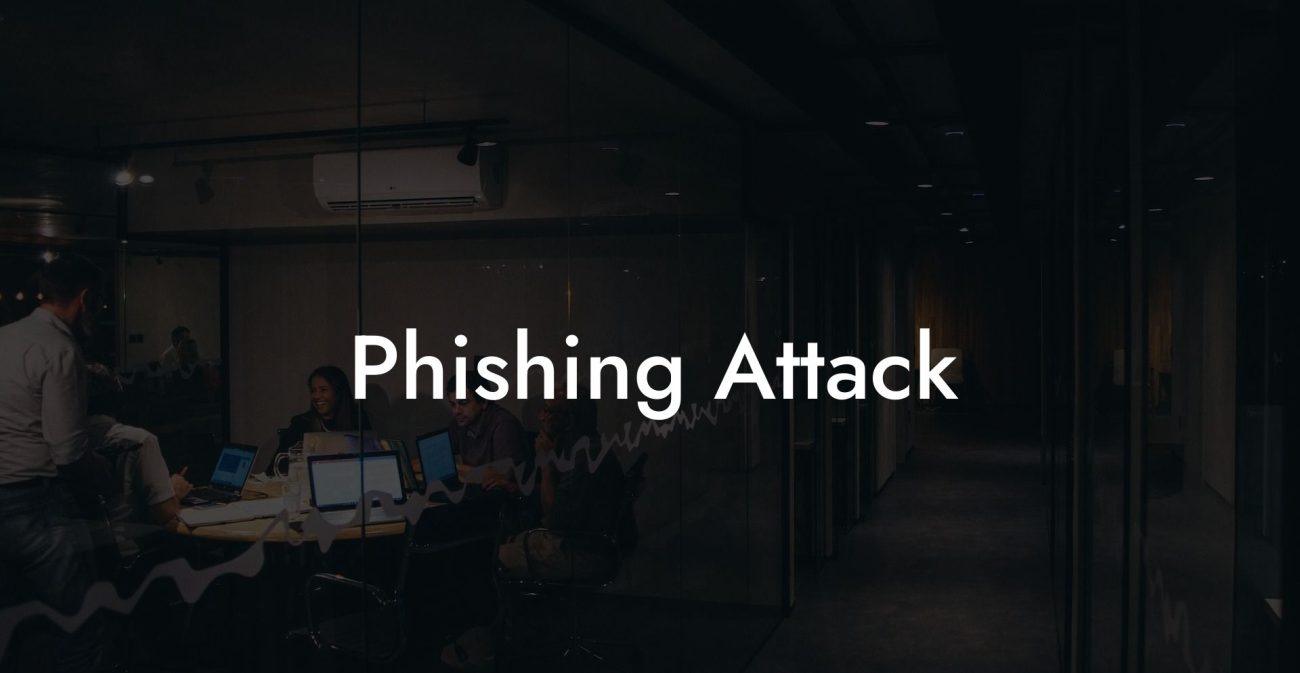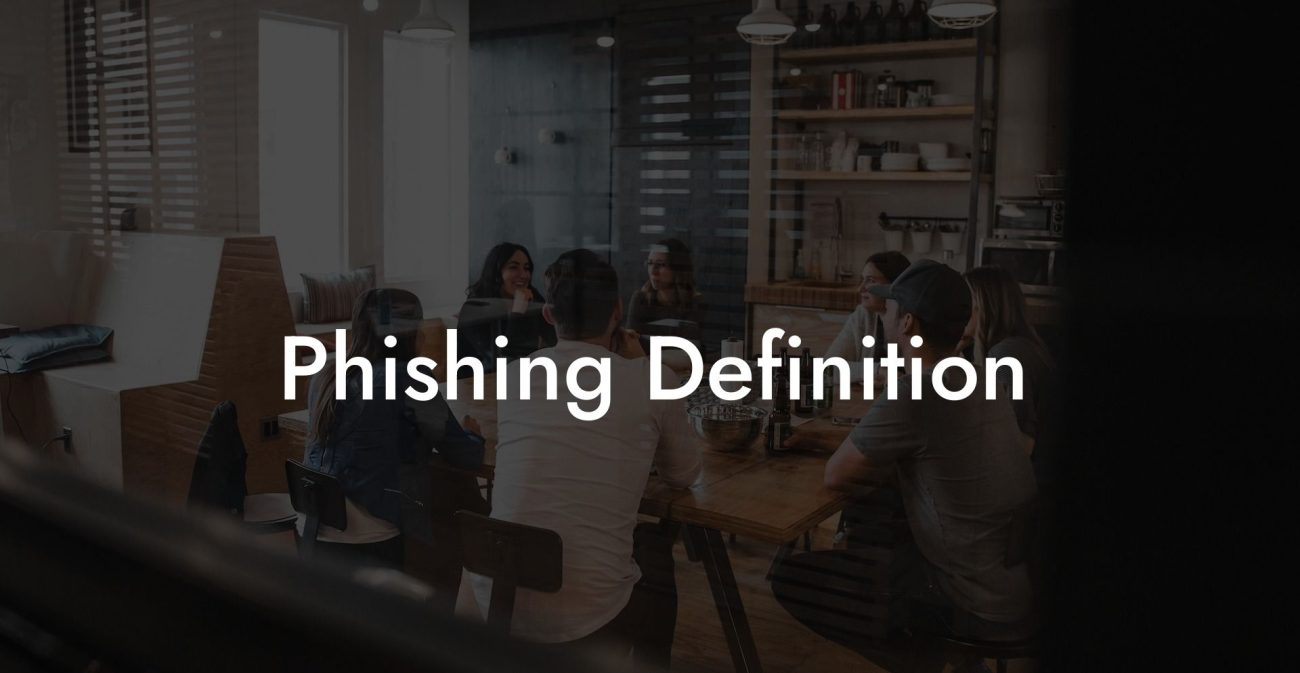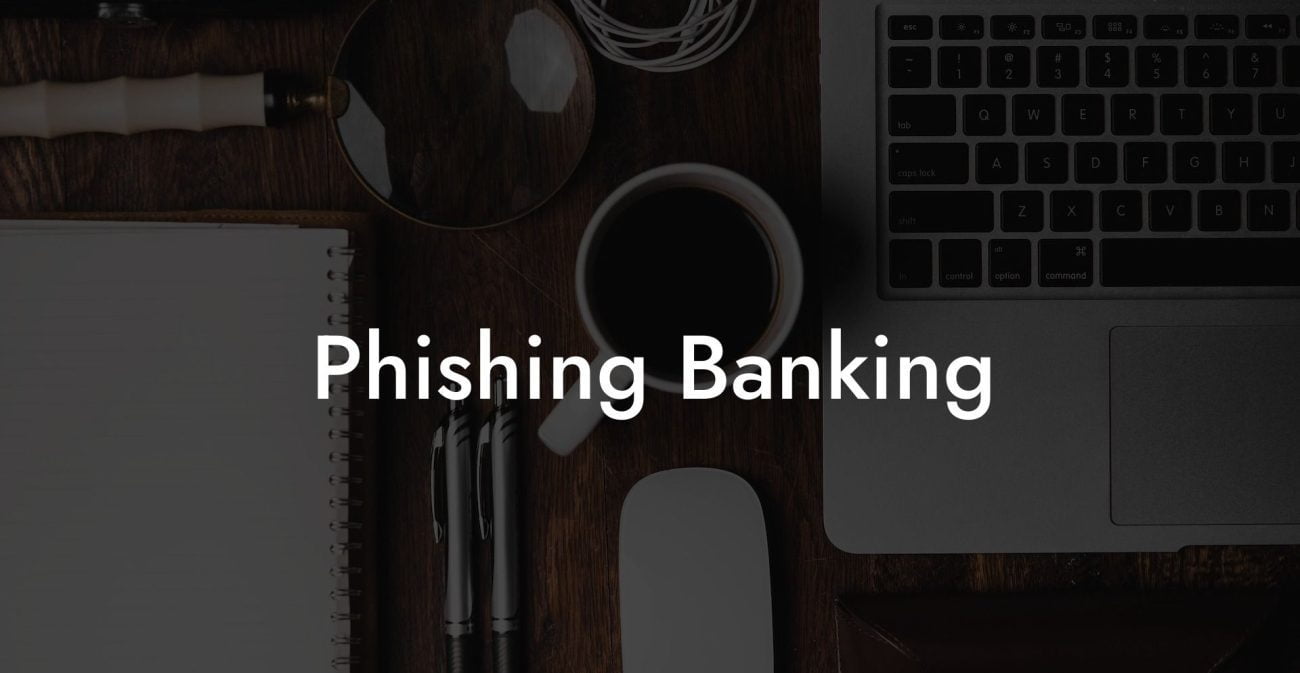Fishing and phishing may sound similar, but there's a world of difference between the two. While the former is a relaxing pastime that often lets you escape the mundane, the latter is a deceitful scheme designed to scam innocent individuals. Believe it or not, one of the main tools these cybercriminals use to carry out their insidious plans is none other than an innocuous phone call. In this blog post, we will delve into the murky world of voice phishing, unravel the methods employed by these fraudsters, and offer actionable advice to help you avoid falling victim to their scams.
Fishing Or Phishing For A Reaction Table of Contents
1. Stay calm and avoid making hasty decisions
2. Verify the identity of the caller
3. Be cautious when sharing personal information
Voice phishing, or 'vishing,' is a tactic used by cybercriminals to deceive people into disclosing sensitive information like passwords, bank account details, or credit card information. The process involves a scammer mimicking a legitimate organization or government institution, usually through a spoofed phone number or email address. They then persuade the victim to divulge personal information under the pretense that it's required for updating records, resolving issues, or ensuring their security.
Protect Your Data Today With a Secure Password Manager. Our Top Password Managers:
Before diving into a realistic example of voice phishing, it's crucial to understand the methods scammers use to craft their schemes. These fraudsters are known for their persuasive capabilities and use social engineering tactics to manipulate their targets. They may play on the victim's emotions, such as fear, urgency, or sympathy, to gain trust and control. Additionally, they may impersonate someone the victim knows or create a sense of authority and credibility to support their story.
Imagine this situation, 65-year-old Janet receives a call from an individual claiming to be from her bank. The caller informs her that her account has been compromised and that immediate action is required to protect her funds. They ask her to verify her identity by providing her full name, date of birth, and social security number. Janet, alarmed and worried about her savings, readily complies. The true identity of the caller is revealed when Janet discovers her bank account drained the following day.
To avoid falling prey to such scams, it's essential to equip yourself with the necessary knowledge needed to identify and respond effectively to a potential voice phishing attack. Here's how:
1. Stay calm and avoid making hasty decisions
Scammers often use fear and urgency to make you act without thinking. Always take a moment to assess the situation and consider whether the call is genuine.
2. Verify the identity of the caller
If you are unsure of the legitimacy of the call, hang up and contact the organization or government institution using their official phone number or website. This will enable you to verify if the person you were speaking to is indeed from the company in question.
3. Be cautious when sharing personal information
Remember that no legitimate organization will ask for sensitive details over the phone. If in doubt, do not disclose any information.
4. Familiarize yourself with common voice phishing tactics
Be informed about the prevalent scams and warning signs to have better chances of detecting a potential threat.
5. Report the incident
If you suspect or have fallen victim to a voice phishing attack, report it to your local authorities and the organization or government institution the scammer attempted to impersonate. This will help raise awareness and prevent others from being targeted.
In conclusion, voice phishing is a growing threat that targets individuals, leaving them vulnerable to financial loss and identity theft. By staying informed and being cautious, you can significantly reduce your risk of falling victim to these scams. Share this post with your friends so that they, too, can be aware of this cybersecurity issue. For a comprehensive guide on how to protect yourself from voice phishing and other online threats, explore other helpful resources on our Voice Phishing blog. Stay safe, stay informed!
Protect Your Data Today With a Secure Password Manager. Our Top Password Managers:

